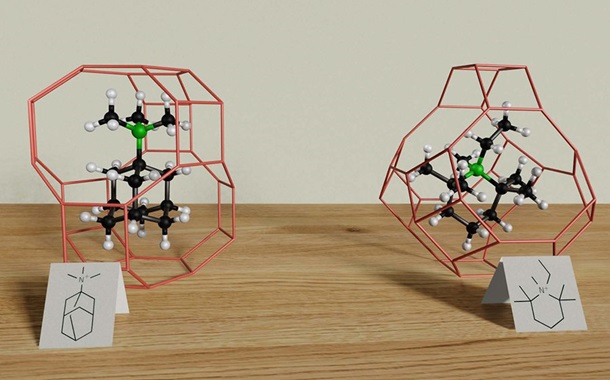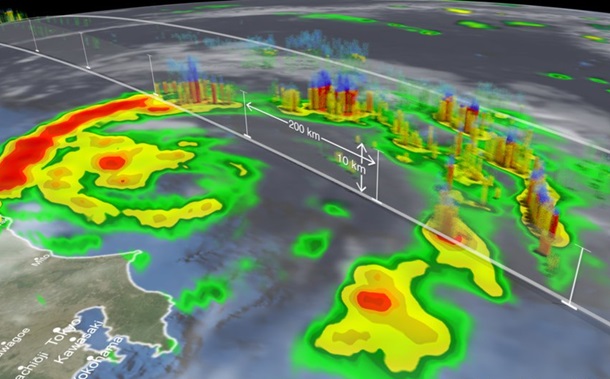Enhancing DBSCAN Accuracy and Computational Efficiency Using Closest Access Point Pre-Clustering for Fingerprint-Based Localization
Downloads
Doi:10.28991/HIJ-2025-06-01-022
Full Text:PDF
Downloads
Yaro, A. S., Maly, F., & Prazak, P. (2023). A Survey of the Performance-Limiting Factors of a 2-Dimensional RSS Fingerprinting-Based Indoor Wireless Localization System. Sensors, 23(5), 2545. doi:10.3390/s23052545.
Kolakowski, M. (2020). Automatic radio map creation in a fingerprinting-based BLE/UWB localisation system. IET Microwaves, Antennas and Propagation, 14(14), 1758–1765. doi:10.1049/iet-map.2019.0953.
Yaro, A. S., Filip, M., Maly, K., & Prazak, P. (2024). Clustering Performance Analysis of the K-Medoids Algorithm for Improved Fingerprint-Based Localization. Jordan Journal of Electrical Engineering, 10(3), 431–442. doi:10.5455/jjee.204-1703256698.
Shang, S., & Wang, L. (2022). Overview of WiFi fingerprinting-based indoor positioning. IET Communications, 16(7), 725–733. doi:10.1049/cmu2.12386.
Ali, M., Jung, L. T., Abdel-Aty, A. H., Abubakar, M. Y., Elhoseny, M., & Ali, I. (2020). Semantic-k-NN algorithm: An enhanced version of traditional k-NN algorithm. Expert Systems with Applications, 151, 113374. doi:10.1016/j.eswa.2020.113374.
Sadhukhan, P. (2019). Performance analysis of clustering-based fingerprinting localization systems. Wireless Networks, 25(5), 2497–2510. doi:10.1007/s11276-018-1682-7.
Yaro, A. S., Maly, F., Maly, K., & Prazak, P. (2024). Enhancing DBSCAN Clustering for Fingerprint-Based Localization With a Context Similarity Coefficient-Based Similarity Measure Metric. IEEE Access, 12, 117298–117307. doi:10.1109/ACCESS.2024.3446674.
Xu, D., & Tian, Y. (2015). A Comprehensive Survey of Clustering Algorithms. Annals of Data Science, 2(2), 165–193. doi:10.1007/s40745-015-0040-1.
Gholizadeh, N., Saadatfar, H., & Hanafi, N. (2021). K-DBSCAN: An improved DBSCAN algorithm for big data. Journal of Supercomputing, 77(6), 6214–6235. doi:10.1007/s11227-020-03524-3.
Kumar, K. M., & Reddy, A. R. M. (2016). A fast DBSCAN clustering algorithm by accelerating neighbor searching using Groups method. Pattern Recognition, 58, 39–48. doi:10.1016/j.patcog.2016.03.008.
de Moura Ventorim, I., Luchi, D., Rodrigues, A. L., & Varejí£o, F. M. (2021). BIRCHSCAN: A sampling method for applying DBSCAN to large datasets. Expert Systems with Applications, 184, 115518. doi:10.1016/j.eswa.2021.115518.
Yin, L., Hu, H., Li, K., Zheng, G., Qu, Y., & Chen, H. (2023). Improvement of DBSCAN Algorithm Based on K-Dist Graph for Adaptive Determining Parameters. Electronics (Switzerland), 12(15), 3213. doi:10.3390/electronics12153213.
Perafan-Lopez, J. C., Ferrer-Gregory, V. L., Nieto-Londoño, C., & Sierra-Pérez, J. (2022). Performance Analysis and Architecture of a Clustering Hybrid Algorithm Called FA+GA-DBSCAN Using Artificial Datasets. Entropy, 24(7), 875. doi:10.3390/e24070875.
Bi, J., Cao, H., Wang, Y., Zheng, G., Liu, K., Cheng, N., & Zhao, M. (2022). DBSCAN and TD Integrated Wi-Fi Positioning Algorithm. Remote Sensing, 14(2), 297. doi:10.3390/rs14020297.
Thang, V. V., Pantiukhin, D. V., & Galushkin, A. I. (2016). A hybrid clustering algorithm: The FastDBSCAN. Proceedings - 2nd International Conference on Engineering and Telecommunication, 69–74. doi:10.1109/EnT.2015.31.
Quezada-Gaibor, D., Torres-Sospedra, J., Nurmi, J., Koucheryavy, Y., & Huerta, J. (2021). Lightweight Wi-Fi Fingerprinting with a Novel RSS Clustering Algorithm. 2021 International Conference on Indoor Positioning and Indoor Navigation, IPIN 2021, 1–8. doi:10.1109/IPIN51156.2021.9662612.
Yaro, A. S., Maly, F., Prazak, P., & Malí½, K. (2024). Improved Fingerprint-Based Localization Based on Sequential Hybridization of Clustering Algorithms. Emerging Science Journal, 8(2), 394-406. doi:10.28991/ESJ-2024-08-02-02.
Sridevi, K. N., & Rajanna, M. (2025). Hybrid Clustering Framework for Scalable and Robust Query Analysis: Integrating Mini-Batch K-Means with DBSCAN Hybrid Model for Complex Data Clustering. International Journal of Advanced Computer Science and Applications, 16(1), 906–912. doi:10.14569/IJACSA.2025.0160187.
Cheng, D., Zhang, C., Li, Y., Xia, S., Wang, G., Huang, J., Zhang, S., & Xie, J. (2024). GB-DBSCAN: A fast granular-ball based DBSCAN clustering algorithm. Information Sciences, 674, 120731. doi:10.1016/j.ins.2024.120731.
Sadowski, S., Spachos, P., & Plataniotis, K. N. (2020). Memoryless Techniques and Wireless Technologies for Indoor Localization with the Internet of Things. IEEE Internet of Things Journal, 7(11), 10996–11005. doi:10.1109/JIOT.2020.2992651.
Torres-Sospedra, J., Moreira, A., Mendoza-Silva, G. M., Joao Nicolau, M., Matey-Sanz, M., Silva, I., Huerta, J., & Pendao, C. (2019). Exploiting different combinations of complementary sensor's data for fingerprint-based indoor positioning in industrial environments. 2019 International Conference on Indoor Positioning and Indoor Navigation, IPIN 2019, 1–8. doi:10.1109/IPIN.2019.8911758.
Alhmiedat, T. (2023). Fingerprint-Based Localization Approach for WSN Using Machine Learning Models. Applied Sciences (Switzerland), 13(5), 3037. doi:10.3390/app13053037.
Moreira, A., Silva, I., Meneses, F., Nicolau, M. J., Pendí£o, C., & Torres-Sospedra, J. (2017). Multiple simultaneous Wi-Fi measurements in fingerprinting indoor positioning. 2017 International Conference on Indoor Positioning and Indoor Navigation, IPIN 2017, 2017-January, 1–8. doi:10.1109/IPIN.2017.8115914.
Marutho, D., Handaka, S. H., & Wijaya, E. (2018). The determination of cluster number at k-mean using elbow method and purity evaluation on headline news. 2018 International Seminar on Application for Technology of Information and Communication, 533-538. doi:10.1109/ISEMANTIC.2018.8549752.
- This work (including HTML and PDF Files) is licensed under a Creative Commons Attribution 4.0 International License.





















